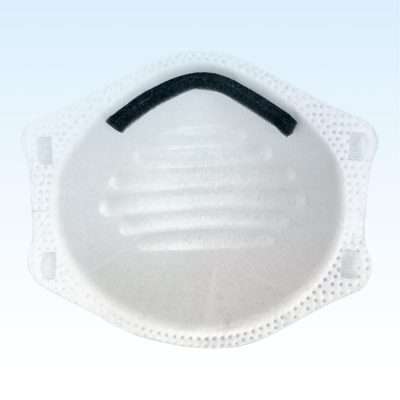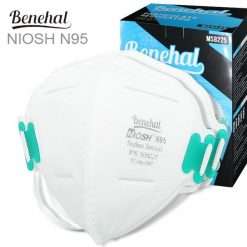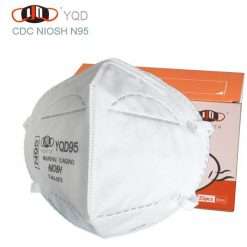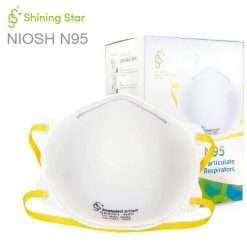Woodworking is a rewarding craft that allows individuals to create beautiful and functional pieces from wood. However, it also poses potential health hazards, particularly related to airborne particles and dust generated during the woodworking process. As a woodworking worker, protecting your respiratory health is crucial. This article explores the significance of N95 masks in safeguarding woodworking professionals and provides essential guidelines for their proper usage.
Understanding N95 Masks for Woodworking Workers
N95 masks are an essential piece of personal protective equipment designed to filter out at least 95% of airborne particles, including dust, sawdust, and other fine particles that can be hazardous to respiratory health. These masks are engineered to fit tightly against the face, ensuring a secure seal to prevent the entry of harmful particulates into the wearer’s respiratory system.
Importance for Woodworking Workers
Defense against Wood Dust and Particles:
Woodworking processes, such as sanding, cutting, and shaping wood, release fine dust and particles into the air. Inhalation of these airborne contaminants can lead to respiratory problems, including irritation, coughing, and in the long term, chronic conditions such as occupational asthma. N95 masks act as an effective barrier, reducing the risk of inhaling these hazardous particles and protecting the worker’s respiratory health.
Minimization of Health Risks:
Repeated exposure to wood dust and other airborne particles can have severe health implications for woodworking professionals. Prolonged inhalation of fine wood particles may lead to serious lung conditions and other respiratory issues. By wearing N95 masks, woodworking workers can significantly minimize their health risks and promote a safer working environment.
Compliance with Occupational Safety Standards:
Employers have a responsibility to prioritize the safety and well-being of their woodworking employees. Providing N95 masks not only demonstrates a commitment to their health but also ensures compliance with occupational safety standards and regulations.
Proper Usage and Maintenance
To ensure optimal protection, woodworking workers should follow these guidelines when using N95 masks:
Mask Selection and Fit:
Choose N95 masks that are NIOSH-approved (National Institute for Occupational Safety and Health) to ensure their effectiveness. The mask should fit snugly over the nose and mouth, with no gaps around the edges. Conduct fit-testing, if possible, to find the right size and ensure a proper seal.
Precautions before Donning:
Before putting on the mask, wash hands thoroughly with soap and water or use hand sanitizer. Avoid touching the mask’s inner surface to prevent contamination.
Proper Donning and Adjustment:
Hold the N95 mask in place using one hand, while using the other hand to position the mask over your nose and mouth. Adjust the nose clip to achieve a secure fit. Perform a fit check by inhaling and ensuring that no air leaks occur around the edges.
Limit Usage Time:
N95 masks have a limited lifespan and become less effective as they become moist from breathing or other factors. Replace the mask if it becomes damaged or difficult to breathe through. Limit usage time to preserve mask integrity and efficiency.
Removing the Mask:
Avoid touching the front surface of the mask when removing it. Grasp the straps or ear loops and carefully remove the mask without touching your face. Discard single-use masks properly and store reusable masks in a clean, breathable container.
Conclusion
N95 masks are a vital tool for woodworking workers, providing crucial protection against the harmful effects of wood dust and airborne particles. By wearing N95 masks correctly and following proper usage and maintenance guidelines, woodworking professionals can significantly reduce their risk of respiratory issues and maintain their well-being. Employers should prioritize the provision of N95 masks to ensure a safe and healthy working environment for woodworking workers, fostering a more productive and protected workforce overall.








